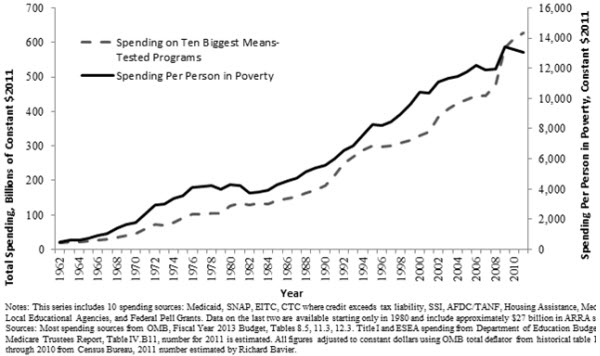

Sawhill offers a third approach: change "drifters" into "planners." In a well-written and accessible survey of the impact of family structure on child well-being, Sawhill contrasts "planners," who are delaying parenthood until after they marry, with "drifters," who are having unplanned children early and outside of marriage. The left argues for more social support for unmarried parents the right argues for a return to traditional marriage. The result is increased poverty and inequality for children.

Sawhill draws on insights from the new field of behavioral economics, showing that it is possible, by changing the default, to move from a culture that accepts a high number of unplanned pregnancies to a culture in which adults only have children when they are ready to be a parent.Over half of all births to young adults in the United States now occur outside of marriage, and many are unplanned. These two distinct patterns are contributing to an emerging class divide and threatening social mobility in the United States. Over half of all births to young adults in the United States now occur outside of marriage, and many are unplanned.


 0 kommentar(er)
0 kommentar(er)
